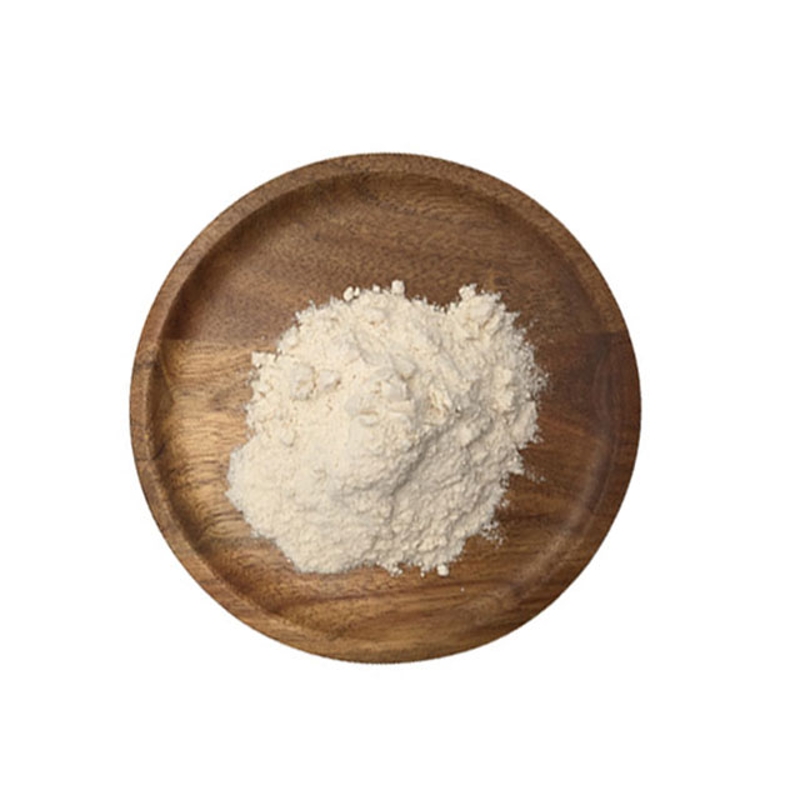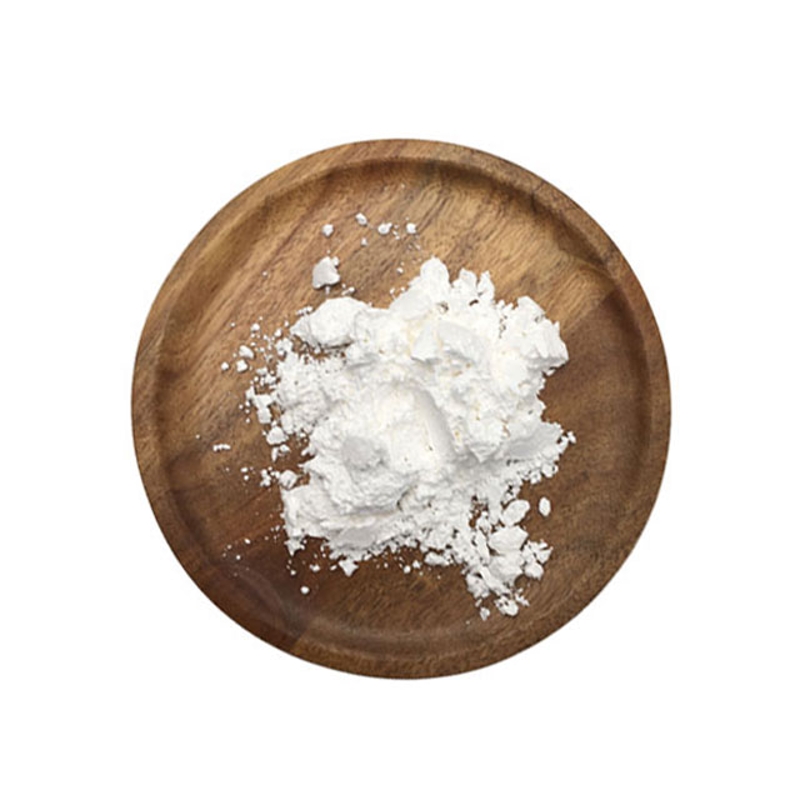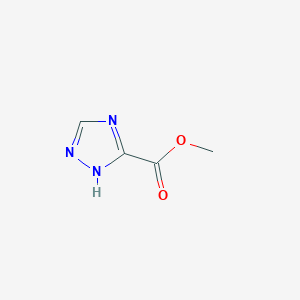Retrial of breast cancer gene patent case: the result will affect the biomedical field
-
Last Update: 2013-04-19
-
Source: Internet
-
Author: User
Search more information of high quality chemicals, good prices and reliable suppliers, visit
www.echemi.com
Source: on April 19, 2013, the Supreme Court of the United States held another hearing on the patent case involving two breast cancer genes As the result of the decision will have a profound impact on the biomedical industry, this event has attracted much attention from the outside world At about 10 a.m local time, the U.S Supreme Court held a session in Washington, D Judge Samuel Alito asked whether a patent could be granted for a chemical extracted from the leaves of a tree in the Amazon forest that can treat breast cancer? "You may be able to patent the method of extraction, but you can't patent the ingredients of leaves," said Christopher Hansen, a lawyer representing organizations such as the American Civil Liberties Union Judge Sonia Sotomayor talked about biscuits to Gregory castellas, a lawyer of Vanke Company - "biscuits can be made with salt, flour, eggs and butter If I make them in a new way, I can get a patent for this method But I can't imagine patenting basic ingredients like salt, flour and eggs because I didn't create new uses for them " The case involved two breast cancer genes, BRCA1 and BRCA2, whose discoverer, Vanke, had been granted patents to exploit them as early as 1998 Based on this, the company has developed a method to diagnose whether the two genes are mutated Each diagnosis costs US $3000 to US $4000 According to reports, Vanke made more than $400 million from patents related to the two genes in the last fiscal year, accounting for more than 80% of its total revenue The company also demanded that other companies be banned from developing similar diagnostic methods In 2009, the American Civil Liberties Union and the public Patent Foundation, which represent many medical groups, patients and researchers, appealed to the Supreme Court They believe that genes are the product of nature, and that the company should not obtain the patent of "dominating" the above genes, which will hinder rather than promote innovation In 2010, a district court in New York banned the company from owning the patent However, the Federal Circuit Court of appeals overturned the district court's decision and supported the company's claim In 2012, the U.S Supreme Court asked the Federal Circuit Court of appeals to reopen the case, but the latter again supported the Waukee lawsuit, and the ball was kicked back to the Supreme Court The Supreme Court is expected to rule on the patent case in June this year At present, more than 20% of more than 20000 human genes have involved in various patents
This article is an English version of an article which is originally in the Chinese language on echemi.com and is provided for information purposes only.
This website makes no representation or warranty of any kind, either expressed or implied, as to the accuracy, completeness ownership or reliability of
the article or any translations thereof. If you have any concerns or complaints relating to the article, please send an email, providing a detailed
description of the concern or complaint, to
service@echemi.com. A staff member will contact you within 5 working days. Once verified, infringing content
will be removed immediately.







